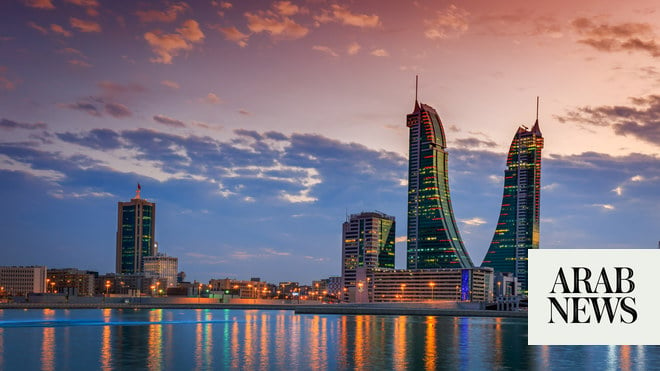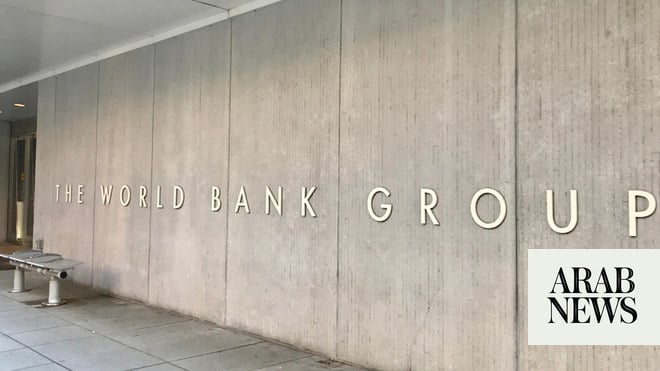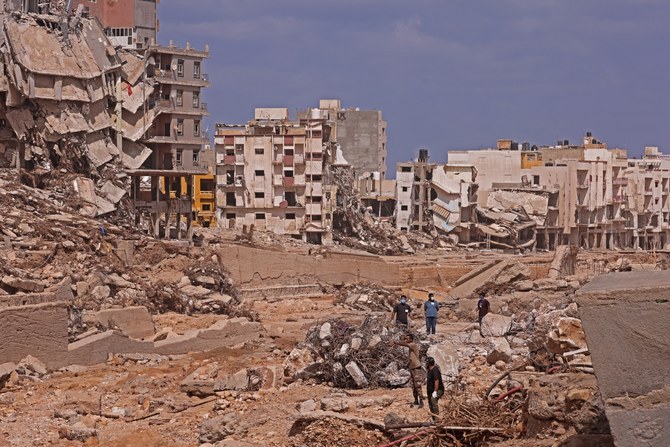
Cognac makers are considering overturning longstanding tradition and turning to new grape varieties, as the main cultivar required to make the spirit struggles with the effects of global warming.
Cognac’s star grape, Ugni blanc, which accounts for 98% of the vines in the Cognac region, is ripening quicker and losing acidity as summers become hotter and drier.
The rules that govern the French brandy are among the strictest in the drinks world, and are subject to controlled appellation of origin (AOC) specifications.
Each stage of the spirit’s production, including the types of grapes that can be used, is outlined in its AOC. Cognac can only be made in one 78,000-hectare area of France, using grapes grown in six regions, or crus. This means distillers cannot move production to another part of the country to escape rising temperatures.
The spirit is, broadly, made from wine that is distilled into a liquid called eau-de-vie and aged in oak casks, often for decades. The result is cognac, with Hennessy, Martell, Courvoisier and Rémy Martin among the best known brands.
Damaged vines in a vineyard after a storm
Facebook Twitter Pinterest Vines damaged and without leaves in a vineyard in Cognac following a violent storm in the region during 2018. Photograph: Georges Gobet/AFP via Getty Images
These brands, and many more, are now working to find sustainable solutions to manage the effects of climate change. Extreme and unpredictable weather has blighted the region: in 2018, powerful hailstorms caused serious damage to 3,500 hectares of vineyards in the Cognac area. Hail and heavy rain also reduced the 2016 harvest, while 2017 was marred by frost.
“There is more extreme weather in Cognac than there used to be,” said Patrick Raguenaud, president of the BNIC, the governing body of Cognac. “We would sometimes have hail, but not this big.”
The changing climate has also thrown out the timings of production. “The grapes are ripening much sooner than they used to,” said Baptiste Loiseau, cellar master at Rémy Martin. “What is key is the balance between sugar and acidity. In cognac we need a lot of acidity to maintain the conservation of the wine because we are not using sulphur.”
Sign up to the Green Light email to get the planet"s most important stories
Read more
Winegrowers have shifted harvest dates forward, and Cognac’s grapes are now removed from their vines in September rather than October. However, this raises concerns that other key flavour characteristics risk being lost. “When we harvest early, we are able to have a correct level of acidity and … sugar,” said Pierre Boyer, deputy cellar master and estate manager at Hine. “But the problem is we are going to have less aromatic components in the grapes.”
Advertisement
Cognac houses and their partner winegrowers are seeking longer-term solutions. According to Loiseau, while Ugni blanc has been the best grape variety for Cognac for more than a century, this may not be the case in the coming decades. “We have to prepare the future for the next generation, to allow them to take the right decisions depending on the conditions of weather,” he said.
A number of estates across the region, overseen by the BNIC, are testing grape varieties that are not currently permitted under the AOC to see if they prove more resilient to global warming and resistant to disease.
Rémy Martin is working with the Monbadon cultivar and, five years ago, planted vines in test sites. After two harvests, Loiseau notes that the grape’s ripeness develops at a slower pace than the Ugni blanc vines, which have been planted in an adjacent plot.
“The role of the trial is to have these two plots and see how they behave year after year, vintage after vintage,” said Loiseau.
Close-up of grapes hanging from a vine
Facebook Twitter Pinterest
Cognac makers are engineering completely new varieties of grapes that are more resistant to disease and extreme weather conditions. Photograph: Charbeau Stéphane/BNIC
Martell, meanwhile, has partnered with the French National Institute for Agricultural Research (INRA) to create new cultivars through natural breeding. “We have fantastic small new vines, which are quite promising,” said Pierre Joncourt, vice-president of cognac at Martell Mumm Perrier-Jouët. “They are definitely resistant to the disease so far, and they have slower growth.”
Advertisement
Likewise, the BNIC is naturally engineering completely new varieties of grapes with the help of the INRA, using different plants to Martell.
“We need to prepare as an industry to be resilient and we need to manage long-term actions – we need to experiment,” said Joncourt. “Then, we need to engage all the stakeholders, all the winegrowers … to … do something really consistent at a regional level.”
We"ve got an announcement…
… on our progress as an organisation. In service of the escalating climate emergency, we have made an important decision – to renounce fossil fuel advertising, becoming the first major global news organisation to institute an outright ban on taking money from companies that extract fossil fuels.
In October we outlined our pledge: that the Guardian will give global heating, wildlife extinction and pollution the urgent attention and prominence they demand. This resonated with so many readers around the world. We promise to update you on the steps we take to hold ourselves accountable at this defining point in our lifetimes. With climate misinformation rife, and never more dangerous than now, the Guardian"s accurate, authoritative reporting is vital – and we will not stay quiet.
You"ve read 338 articles in the last four months. We chose a different approach: to keep Guardian journalism open for all. We don"t have a paywall because we believe everyone deserves access to factual information, regardless of where they live or what they can afford to pay.
Our editorial independence means we are free to investigate and challenge inaction by those in power. We will inform our readers about threats to the environment based on scientific facts, not driven by commercial or political interests. And we have made several important changes to our style guide to ensure the language we use accurately reflects the environmental emergency.
The Guardian believes that the problems we face on the climate crisis are systemic and that fundamental societal change is needed. We will keep reporting on the efforts of individuals and communities around the world who are fearlessly taking a stand for future generations and the preservation of human life on earth. We want their stories to inspire hope.
We hope you will consider supporting us today. We need your support to keep delivering quality journalism that’s open and independent. Every reader contribution, however big or small, is so valuable. Support the Guardian from as little as $1 – and it only takes a minute. Thank you.












